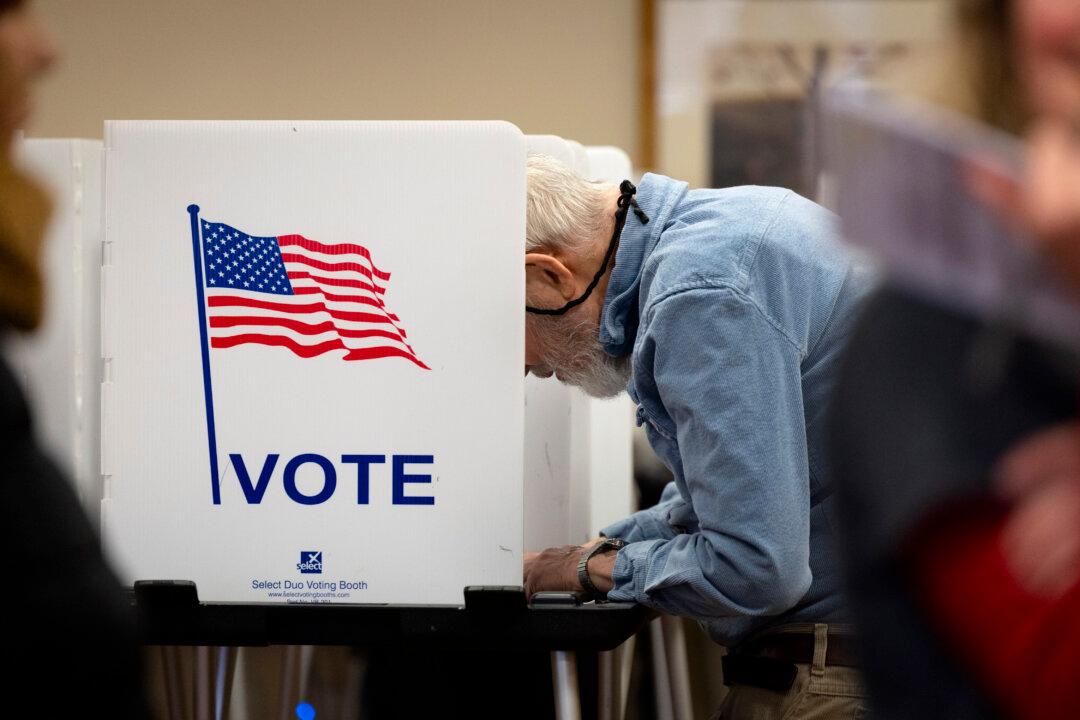A federal appeals court on May 14 ruled that two tribal groups may not bring a voting discrimination lawsuit against the state of North Dakota under a civil rights law—a decision that is set to have implications in seven Midwestern states.
In a 2–1 decision, the St. Louis-based Eighth U.S. Circuit Court of Appeals ruled that private plaintiffs cannot use Section 1983, a law enacted in the post-Civil War Reconstruction Era, as a means to enforce protections enshrined in the Voting Rights Act (VRA).




